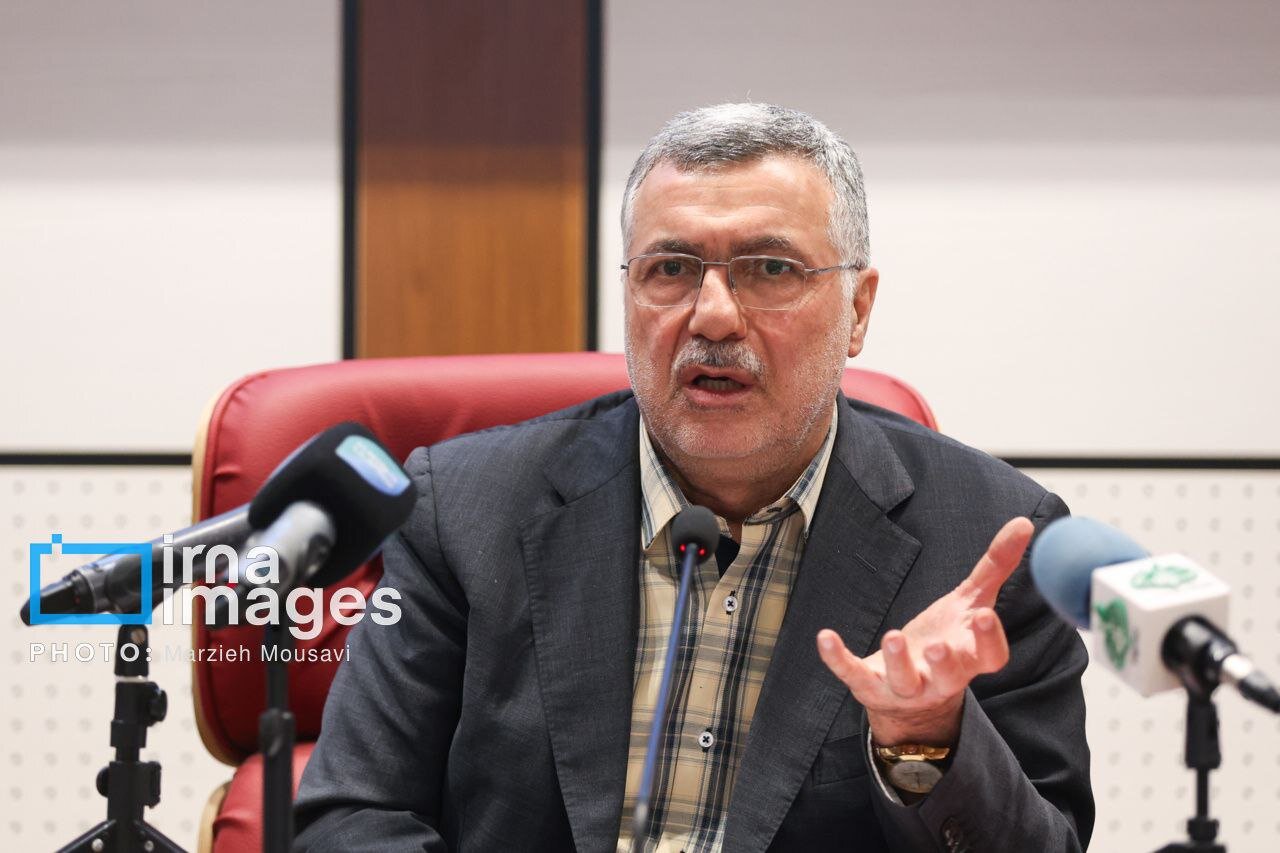Education, AI crucial to address non-communicable diseases: health minister

TEHRAN – Health Minister Mohammad-Reza Zafarqandi has emphasized the importance of artificial intelligence (AI), telemedicine, and mobile health in managing non-communicable diseases (NCDs).
Developing a smart healthcare system and increasing public awareness through preventive education and the promotion of health literacy are the key points in the future of the healthcare system, IRNA quoted Zafarqandi as saying. The adoption of modern technologies is unavoidable, so these tools can be employed to reduce costs and facilitate access to services, he added.
The official made the remarks while addressing the first session of the national committee for the prevention and control of NCD on Tuesday.
People’s health is not limited to medical treatment; health literacy and education play a significant role in improving the health of the society, as well, he noted.
Highlighting the importance of education and self-care, Zafarqandi said that raising public awareness of the primary symptoms of diseases will lead to early detection, which in turn will lower treatment costs and improve the success rate.
The official also stressed the need for the development of national, operational programs that are implementable in each province, as well as holding workshops for the implementation of screening programs for hypertension, diabetes, and blood lipids.
NCDs in Iran account for 82 percent of all deaths. Over the past 20 years, deaths caused by NCDs have risen by 14.5 percent.
Cancers, diabetes, cardiovascular diseases, chronic respiratory diseases, and mental health diseases are the five main categories of NCDs.
Early screening of non-communicable diseases and control of risk factors are the two ways to deal with the diseases.
MOU signed for using AI in medical treatment
In January, the Vice Presidency for Science and Technology and Tehran University of Medical Sciences signed a memorandum of understanding to use artificial intelligence for medical treatment purposes.
The agreement which was inked on January 11 aims to promote the targeted support of the knowledge-based ecosystem in the field of health with a focus on omics and genomics studies, cell therapy in endocrinology and metabolism, person-centered medicine with artificial intelligence tools for prevention, prediction, diagnosis, and treatment, and finally innovation in the commercialization of products and services, ISNA reported.
Statistics have shown noticeable cost savings, about 40 percent, using artificial intelligence in health care in advanced countries. In some specific cases, like breast or lung cancers, artificial intelligence can lower healthcare costs by 80 percent. Hence, a knowledge-based economy should aim to utilize AI to save healthcare costs, IRIB quoted Mostafa Qanei, the secretary of the Biology Development Headquarters, as saying.
National health literacy movement
In 2024, the national health literacy movement started to be implemented in 10 provinces of the country in line with the theme of the second day of the national health week, an official with the health ministry’s Persian medicine office said.
“It’s a specialized program that aims to promote health and a healthy lifestyle and will involve multilateral interaction between the ministries of health and education,” IRNA quoted Hossein Rezaei-zadeh as saying.
The initiative would start at schools, targeting teachers, students (from first to sixth grade), and their parents.
Using graphic techniques and educational principles tailored for children, the program seeks to convey simple, practical messages about healthy lifestyles in the form of stories.
Health literacy and skills for maintaining a healthy lifestyle are among the most important elements for fostering health and wellbeing within families and society.
MT/MG
Leave a Comment